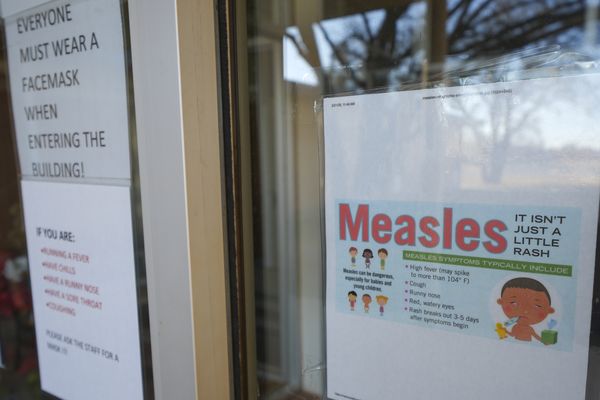The global south deserves a more powerful voice at the world’s top table by expanding the UN security council, the UK foreign secretary, James Cleverly, has said.
Cleverly also called for a review of the use of the veto by the council’s five permanent members, adding that the world’s poorest countries feel their voice is not heard even on issues of direct concern to them.
In a speech billed as the first in praise of the global multilateral system by a Conservative foreign secretary for 30 years, he said he had listened carefully to the global south’s leaders and that they felt wealthy countries were “hoarding power and neglecting their responsibilities”.
Cleverly said power was shifting to Latin America and the Indo-Pacific, and that it would be countries in these regions that would decide whether the system endured. Without bold strategic reform, he said, “there is a real risk that the global south will walk away from the global trading system”.
He told a conference at the Chatham House thinktank in London: “One thing that struck me is when I speak to ministers they do say over and over again they feel again the multilateral system too often talks about the issues which are on the hearts and minds of the Euro-Atlantic region and less about the Indo-Pacific, Latin America or Africa.
“The best way of making sure that perception is changed and the challenge they have identified is to make sure that at the very top table they have a consistently powerful voice.”
Cleverly said the present system was untenable as the centre of economic gravity shifted to the Indo-Pacific and Africa’s share of the world population rose from 18% to 37% by 2100.
“The voice of the poorest and most vulnerable countries must be heard strongly in the multilateral system. The voice of the poor is not always being heard. Even on matters that directly concern them,” he added.
Cleverly said he wanted permanent African representation at the G20 and for security council membership to be extended to India, Brazil, Germany and Japan.
The UK is one of five veto-wielding permanent members on the 15-strong council, and since Brexit that status has looked increasingly exposed.
Cleverly said discussion about the continuing value of the veto was growing among security council members as its use by Russia during the wars in Ukraine and Syria had largely immobilised the body, with some of the moral authority transferring to the larger UN general assembly.
He put his proposals in a wider context to include changes to the World Trade Organization to reflect digital trade; to financial institutions to unlock climate finance; and to international taxation to increase the resource base of poorer countries.
Cleverly’s intervention will face a credibility challenge since calls for an expansion of the UN security council have continued almost unabated ever since the last and only expansion in 1965.
As long ago as 2000 the then UK foreign secretary, Robin Cook, complained the council could no longer just reflect the victors of the second world war and proposed that five others – Germany, Japan and a country each from Africa, Asia and Latin America – should be members. The issue was pursued by his successor David Miliband, while the then UN secretary general Kofi Annan’s efforts at reform in 2004 through a panel of experts was unable to forge a consensus.
Beijing is one of the capitals most opposed to changes to the security council, fearing that Japan and India, its main rivals in Asia, would become permanent members and thereby end China’s privileged position.
The African Union has adopted a common position, known as the Ezulwini consensus, but its members have still been unable to agree on which two countries in Africa should serve as permanent security council members.
Turkey is probably the leading country demanding changes, using the slogan the world is bigger than five.
In an appeal to the global south, Cleverly said: “Russia’s brutal invasion of Ukraine is a calculated assault on the UN charter – and on the central principles of an international order that was designed, above all, to bring an end to all attempts at conquest and annexation.”
He insisted nobody in the west would be distracted by the apparent coup attempt inside Russia.







